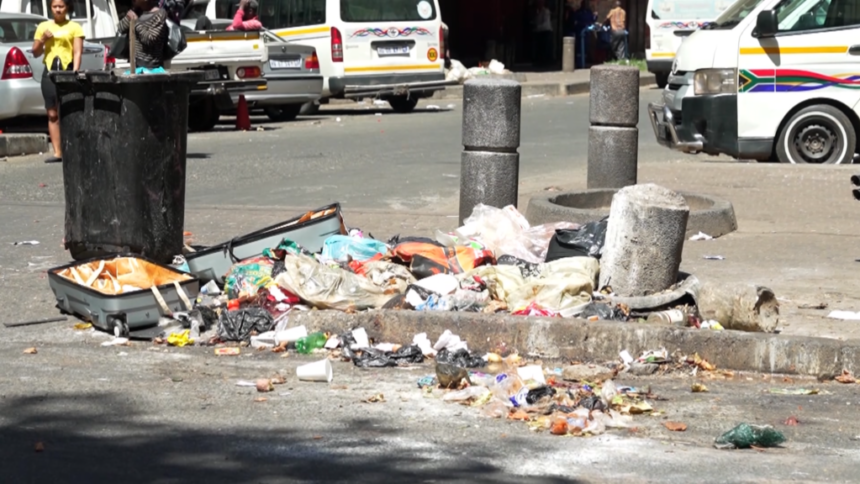The once thriving economic hub of Johannesburg has seen a dramatic decline in recent years, with the city centre now plagued by crime, waste, and crumbling infrastructure. What was once a bustling area filled with green spaces has now become a shadow of its former self, with buildings in the Central Business District often taken over by squatters and gangs.
One of the main factors contributing to this decline is the high turnover of mayors in the city, with ten different mayors coming and going in just five years. This instability at the top has led to a lack of continuity in governance and decision-making, making it difficult to implement long-term solutions to the city’s problems.
Corruption has also played a significant role in the deterioration of Johannesburg’s infrastructure. The tender process for service delivery has been rife with corruption, with contracts often being awarded to companies based on kickbacks rather than merit. This has resulted in subpar services being provided to residents, further exacerbating the city’s issues.
The surging population in Johannesburg has put additional strain on the city’s resources, leading to water and electricity restrictions that have further worsened living conditions for residents. With limited access to essential services, many residents have been forced to turn to alternative means of survival, including squatting in abandoned buildings and forming gangs to protect themselves in the increasingly dangerous environment.
It is clear that urgent action is needed to address the challenges facing Johannesburg’s city centre. Efforts must be made to root out corruption, improve infrastructure, and provide residents with the services they need to thrive. Only then can Johannesburg reclaim its status as a vibrant and prosperous city.








